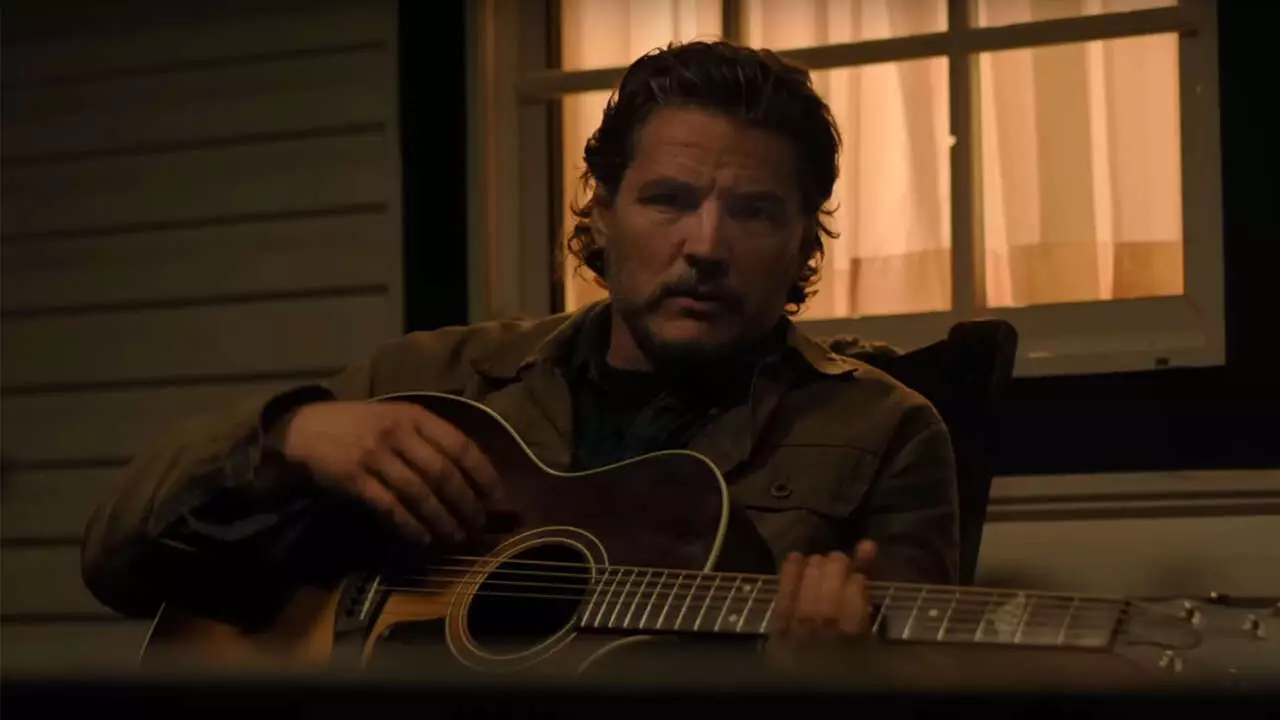The world of gaming and television has been sent into a frenzy with Neil Druckmann’s recent comments regarding the future of The Last of Us franchise. By suggesting that *The Last of Us: Part 3* may not come to fruition and that the HBO series could serve as a conclusive chapter, Druckmann has left fans with both excitement and apprehension. After all, many have speculated about the direction the series will take after *The Last of Us: Part 2*, which raised significant questions about morality, love, and revenge.
Druckmann’s declaration comes with the weight of artistic responsibility. He has always been known for crafting narratives that are rich with meaning and depth. Stating, “I need it to be a definitive ending,” he emphasizes a creative ethos that prioritizes closure and purposeful storytelling over endless sequels. No one can accuse him of lacking ambition or clarity while he remains firmly committed to giving fans a resonant conclusion.
The Influence of Endings in Storytelling
Let’s take a moment to dissect the significance of a well-crafted ending in storytelling. From classic literature to modern television, viewers find solace in resolutions that tie together intricate plotlines and character arcs. Druckmann’s decision to have an ending in mind for the series speaks volumes about his commitment to narrative integrity. It helps delineate the concluding themes that he wants audiences to ponder long after the final episode airs.
In an era dominated by franchises that often risk over-extension, Druckmann’s approach distinguishes *The Last of Us* series. By consciously choosing not to leave the door wide open for endless sequels, he reinforces the idea that every good story deserves a chance to end on its own terms, no matter how painful or bittersweet that may be.
The Complexity of Creative Endeavors
Druckmann’s plate is undeniably full; balancing the demands of *The Last of Us* with his work on newly minted projects like *Intergalactic: The Heretic Prophet* is no small feat. A recent report suggests that this new venture may not even see the light of day until 2027. This timeline speaks to the often long and torturous path of game development, coupled with the demands of a high-stakes television adaptation.
As Druckmann orchestrates the production of the series—the second season arriving in April—he navigates the stony path ahead. Each choice he makes in character development, storyline accuracy, or even coffee brand partnerships (like the limited edition coffee blend tied to the show) could profoundly impact the franchise’s legacy.
Character Introductions and Their Importance
Another intriguing aspect of the upcoming season involves the adaptation of Kaitlyn Dever’s character, Abby. Druckmann has hinted at modifications to her introduction, a decision that showcases the delicate balance of adapting source material for new media. This is no trivial task; the introduction of key characters is pivotal in securing audience investment, especially in a narrative as emotionally charged as *The Last of Us*.
As Druckmann continues to navigate these complexities, fans eagerly await the unfolding tale. The audacity of wanting to end the series on a strong note while managing multiple narratives speaks not only to his vision but also to an understanding that storytelling will always evolve. The art of crafting such meaningful closures, especially in an industry that often values quantity over quality, is what makes Druckmann a noteworthy figure in both gaming and television narratives.

